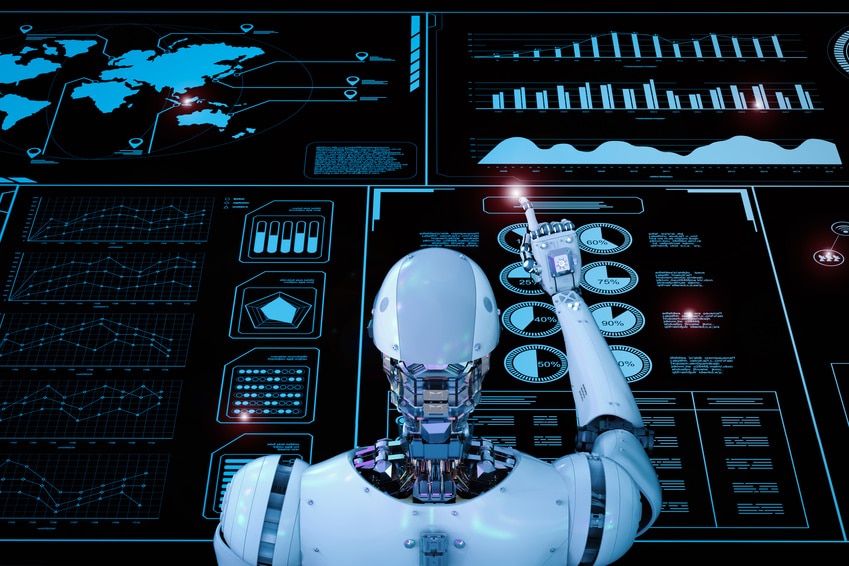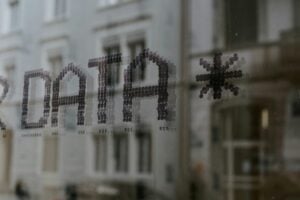

Introduction to the Modern Threats of AI is the first post in a series discussing AI and its impacts on modern life. Artificial Intelligence is useful, powerful, and dangerous when used irresponsibly. Its being leveraged by a wide variety of industries including but not limited to social media, defense contractors and information security companies. Some of the dangers created by the use of AI are overt while others are very subtle. For example, the ongoing rapid development of autonomous weapons is overt while the use of AI in social media is subtle and possibly more damaging. The AI used in various social media platforms is in part responsible for the current divide here in the united states.
Introduction to AI
Artificial intelligence (AI) occupies an unusual position in the public consciousness. On the one hand, every cybersecurity solution – and a number in other tech industries as well – seems to contain “AI”, a claim that carries varying levels of truth. On the other hand, many of the things that most people think of as AI – such as general intelligence, conscious robots, etc. – have not yet been created.
While “traditional” popular conceptions of AI are still in the future, AI is a very real part of our daily lives today. AI already shapes how people think and behave – often without their knowledge – and other parts of daily life.
This article launches a series on the modern use of AI. This series discusses some of the ways in which AI is commonly used today and the cybersecurity considerations of AI-based systems.
The Modern Threats of AI
AI has effects on many different aspects of daily life. Some of the biggest areas where AI plays a critical role in society include:
- Social Media: Social media is a core part of many peoples’ lives. These “free” platforms make massive profits by monetizing their users’ attention and their personal data. AI is a core part of how these platforms optimize their content to maximize the time that their users spend on them and the amount of targeted advertising that they are able to sell.
- Facial Recognition: Facial recognition systems are a contentious topic as these systems are used by law enforcement and other organizations to automatically identify and track individuals. However, the AI behind these systems is extremely – and potentially unintentionally – biased by how they are made and trained.
- Automated Content Creation: Trust in the digital world is driven by consensus. Articles supporting certain viewpoints and reviews or comments on pages can have a significant impact on peoples’ worldviews and how they respond to the content. Modern AI is increasingly capable of generating automated, “plausible” content and human pictures, making it possible to rapidly generate fake content or reviews about anything that looks like it came from a real human being.
These three topics will be the focus of the next few articles in this series. In each, we will dive into the details of how AI is used in each of these particular scenarios, what they do right, and where they go wrong.
AI and Cybersecurity
As we become more reliant on AI as part of our daily lives, it is also important to consider the security of AI systems. What makes an infosec AI system effective or ineffective? Is it possible to “hack” AI in ways beyond standard IT security?
The final two articles in this series will deal with the security of AI systems:
- Hacking AI: AI systems are designed to learn and create their own decision-making models. This self-learning process, while essential to the growth and development of AI, also makes these systems vulnerable to exploitation.
- Fixing AI: Implicit biases, underspecification, and deliberate exploitation can cause AI systems to learn to make the wrong decisions or to make decisions in the “wrong” way. Fixing and securing AI requires an understanding both of how it can be broken and the steps that can be taken to improve and secure it.
Protecting the AI-Driven Enterprise
Being “data driven” is a goal of most organizations, and AI systems are a crucial part of accomplishing this. As organizations continue to develop and deploy AI solutions, it is essential to understand the capabilities of AI and where things can go wrong.
This series dives into the modern use of AI. It explores how AI is used today, the risks and benefits to its creators and other parties, and the security considerations of AI-based systems.






